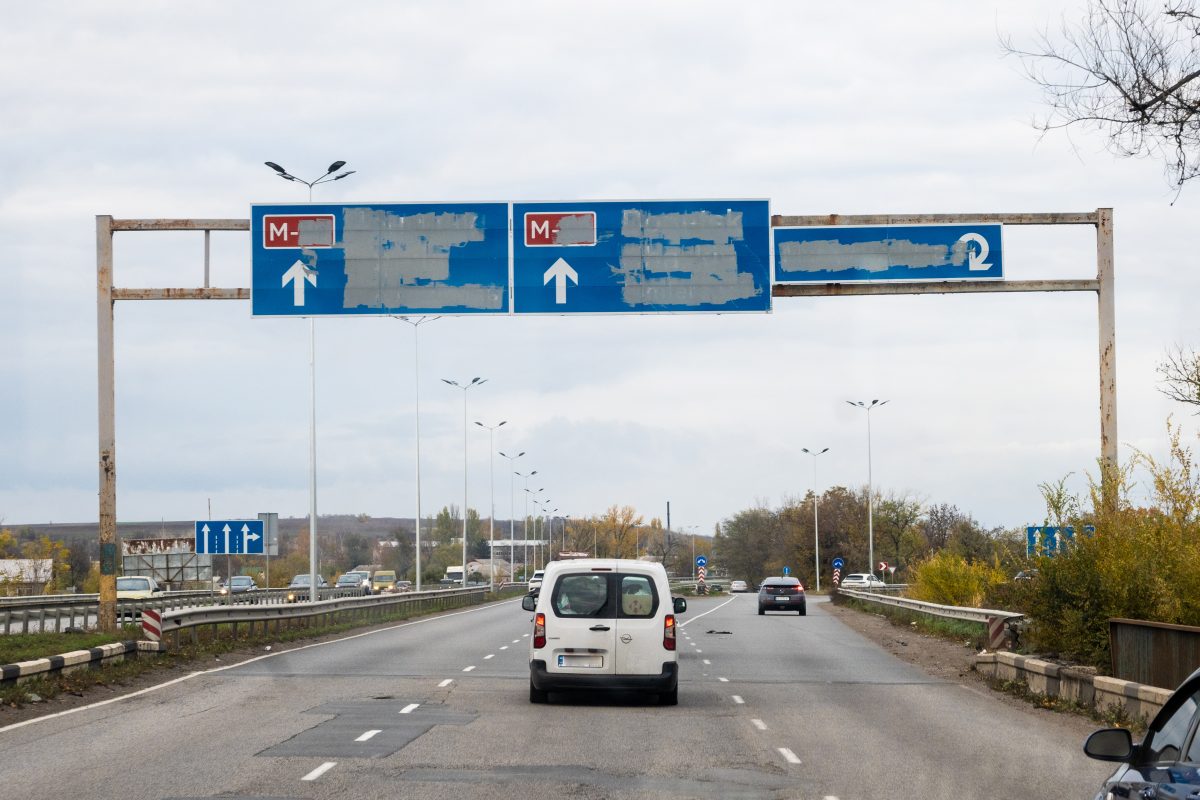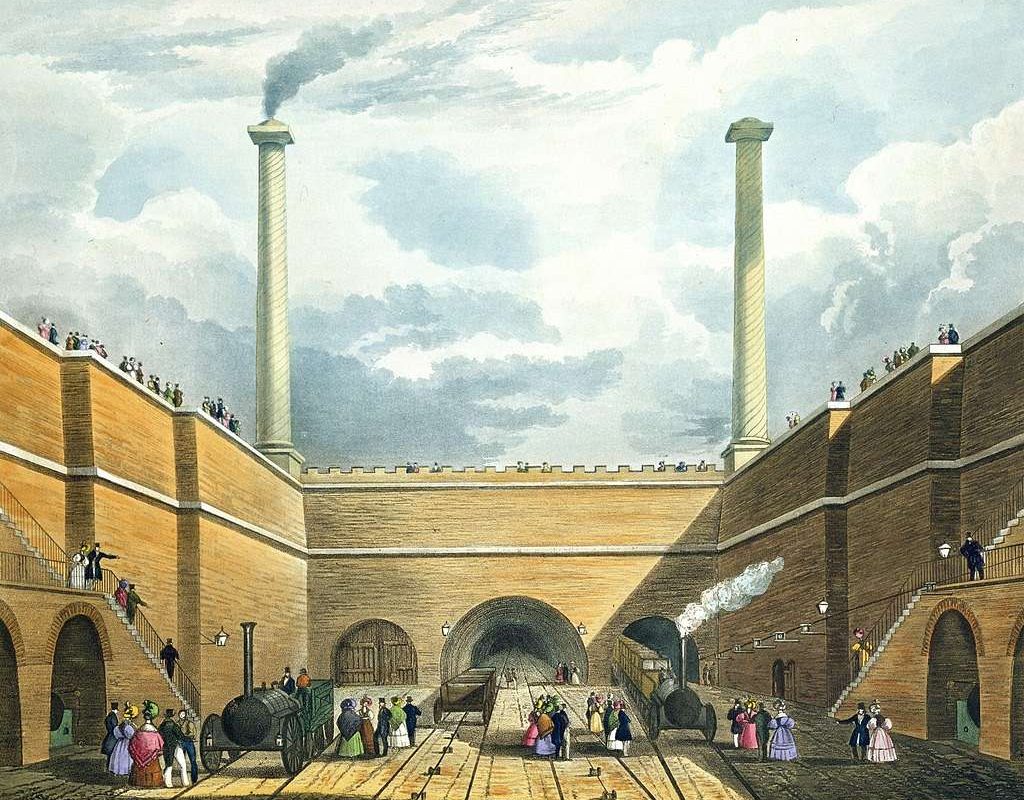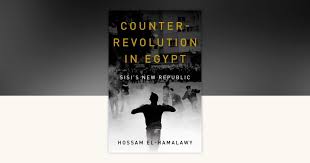I first met Neil Faulkner in late 1979, when I arrived at King’s College Cambridge as a supremely unsophisticated working-class grammar-school kid. He was involved in an anti-apartheid campaign, and there was a long-running rent strike on at King’s. King’s made bags of money in South Africa, so we paid our rent into another bank account in the hope of pressuring them to disinvest. This campaign gave one of my all-time favourite demonstration slogans: “You say you won’t discuss it? We’ll give you the facts! It’s sherry for the dons, and bullets for the Blacks!”
Neil was energetic and overwhelmingly earnest. Although a state school boy himself, he looked like he had wandered off the set of a period drama – he is the only friend I have ever had who habitually wore a three-piece suit (his favourite was a white one). He put much energy into this anti-apartheid campaign: information exhibitions in the student bar, invited speakers over from South Africa, and direct action against Barclays Bank, the worst of the pro-apartheid banks at the time. Although intimidated, I joined the rent strike and the campaign.
I worked with Neil in a number of actions over the following years, half of which I have forgotten. To popularize a demonstration against new nuclear missiles, we held a sit-in in the local army recruitment office; “We are occupying this office.” I remember Neil announcing, in his fine bourgeois accent. When the Managing Director of British Steel was invited to speak at the prestigious Cambridge Union debating society, in between declaring redundancies in his company, a few dozen of us were outside, chanting “Sack Villiers, not the workers!” Neil led the push to force the doors and got inside briefly before being unceremoniously slung out on his ear.
When a couple of very valuable (and huge) old paintings disappeared from the dining hall of Kings College, the clueless local cops got the idea that this was the sort of thing anti-apartheid activists would do. They came round to my room to have a word with me. “Do you know Neil Faulkner? When did you last see him?” were their first questions.
Neil was a handsome and earnest student activist, standing out among the scruffy and giggly rest of us. He lived in a student room in the college, and his door was always open, even when he was out: anyone could go in and inspect his huge collection of model soldiers, set out on a map used for re-enacting historical battles. I asked him why he always left his door open. “Partly as a matter of principle, John, and partly so that people can get in and out” was his answer. I was a fan. He never actually called me “grasshopper” but there was something of that tone. There were many (shouted) political conversations in the King’s cellar bar disco, with each of us nursing a bottle of Newcastle Brown Ale.
After the anti-apartheid rent strike had been going for a couple of years, regularly voted on at mass student union meetings (where strikers and non-strikers got to vote), there was suddenly a determined attempt to end it. All the right-wing students who never went to union meetings (union membership was automatic for all students) were going to turn up en masse and vote the end of the strike. Many left-wing students were also arguing that, because there was much demoralization, it was best to vote to end the rent strike. I considered this a frankly bizarre argument, but it had a lot of defenders, and I was proud to be one of a very small group following Neil and voting to continue the strike, though we lost the vote.
We were involved in multiple campaigns, and the question of a political party would occasionally raise its head. I had left the Labour Party, after finishing in disbelief the first ever book I read about Northern Ireland. Some months later, Neil joined the Socialist Workers Party. I asked him why. He frowned in concentration. “Well, John, I believe that, if there is a Bolshevik party in Britain today, that party is the Socialist Workers Party.” He really spoke like that. This could not be counted as skilled pedagogy, in that I had never read anything about the Russian revolution, and had a staggeringly vague idea of what a Bolshevik party might look like. It took four more years and the great miners’ strike to recruit me to the party.
After university, not interested in a well-paid career, Neil worked as a full-timer for the anti-apartheid movement. For many years after that we lived in different countries, and were not much in contact. Social media put us back in touch twenty years ago, by which time he was a respected historian and archaeologist, yet he never melted into incomprehensible dusty academic writing. He edited history magazines which sought a broad readership, and wrote for the general reader. He starred in the TV series Time Team, brilliantly popularizing archaeology. He produced a couple of long articles (about the Roman Empire and about the Crusades) for a tiny revolutionary magazine I edited here in France.
He wrote a series of very impressive histories. His history of Roman Britain developed a precious materialist analysis of military expansionism. Then there was a history of the Jewish Revolt against Rome in 66 AD, and one of the Russian Revolution, as well as a monumental Marxist History of the World, from Neanderthals to Neoliberals. He was very skilled at bringing history to life.
He also very much participated in the rise of First World War battlefield archaeology. When the 2014 centenary of the First World War came along, he worked in the No Glory for War campaign. A group of First World War “revisionist” historians led by Gary (“I don’t do theory”) Sheffield were defending the empire and the generals. Neil invited them to debate, and when, very occasionally, they accepted the challenge, he politely ripped them to shreds.
He wrote numerous articles and gave many talks for the SWP on historical topics such as the meeting “What Did the Romans Ever Do For Us?” which I heard at Marxism 2004 in London, and an article in the weekly Socialist Worker Newspaper in 2005 “Hadrian and the Limits of Empire”.
Politically, in my view, leaving the Socialist Workers Party (in 2010, after 30 years) was not good for him. He got involved in breakaways from breakaways, and his energy got taken up in rather convoluted theories which he thought were putting Marxism back on track, but which I didn’t.
It is a great loss to the already extremely small group of activist Marxist historians to lose him at the age of 64. He leaves children who are still very young, which is even sadder. His books, and the memory of his impeccable genial earnestness in defending revolution will help many of us keep going.
Some important works
- A People’s History of the Russian Revolution ? Pluto Press/Left Book Club, 2017
- A Marxist History of the World: From Neanderthals to Neoliberals ? Pluto Press, 2013
- The Decline and Fall of Roman Britain, Tempus, 2000
- The Great Jewish Revolt Against Rome, Tempus, 2002
- A Visitor’s Guide to the Ancient Olympics, Yale University Press, 2012




